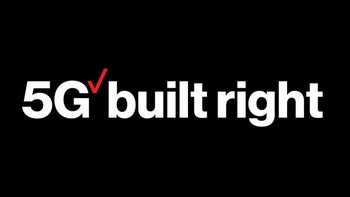Verizon's 5G network spreads to more... stadiums, many more cities coming soon

Less than two weeks after a heated Super Bowl during which it managed to win the download speed battle (at least in the small parts of the Hard Rock Stadium where football fans actually got a 5G signal) while losing the overall network quality war, Verizon continues its slow "5G Ultra Wideband" rollout.
There are no new names to add to the list of Verizon 5G-supporting cities, mind you, with the nation's largest wireless service provider focusing instead on "enhancing the fan experience and changing the way businesses operate in arenas and stadiums." All in all, Big Red's mmWave-based 5G network is now accessible in 24 professional football stadiums and indoor arenas primarily used for hockey and basketball games around the country.

That's not a bad count, rising from 13 NFL stadiums just a few months ago, but although Verizon is oddly silent on the matter in its latest press release boasting this new number and the potential of its blazing fast 5G network to "transform sports and entertainment", the truth is coverage remains awfully limited and fickle even across the same arena.

As perfectly illustrated by T-Mobile before and during the big game between the Kansas City Chiefs and San Francisco 49ers, getting a steady 5G signal can be quite hard for Verizon customers and maintaining it often proves outright impossible.
That's because the aforementioned high-frequency millimeter wave technology is terrible at passing through even the most basic obstacles, including people, but thanks to its undoubtedly drastic speed upgrades, this is still considered the only way to "build 5G right." Obviously, T-Mobile does not agree, employing a radically different 5G rollout strategy reliant on low-band spectrum in its first stage for a modest speed improvement that the entire nation can experience straight off the bat.
For its part, Verizon can at least promise to double the current number of cities (partially) covered by its high-speed 5G Ultra Wideband network by the end of the year while also bringing the service to larger parts of the places where the technology has already launched.
Unfortunately, we can't tell you exactly where to expect the network to expand and when that will happen in 2020, but the 31 cities covered at the end of 2019 are set to become 60 in the not-so-distant future, which is certainly... something.














Things that are NOT allowed: